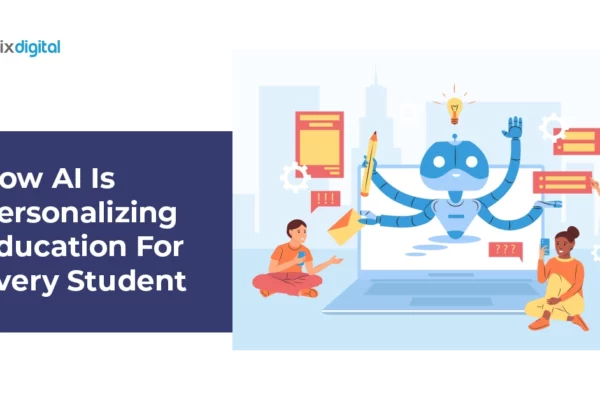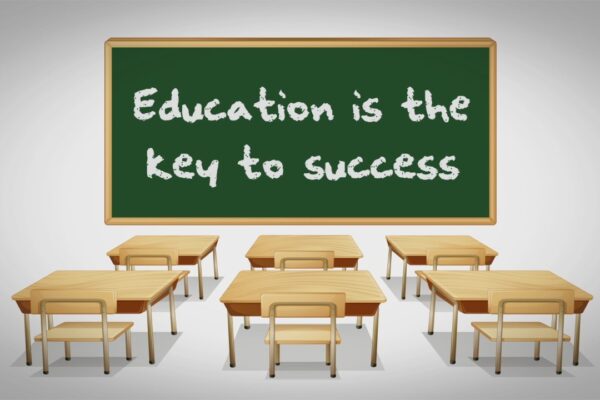The importance of quality childhood education
As a parent, I understand the significance of providing my child with a solid foundation for their future. That’s why I firmly believe in the power of quality childhood education. Early childhood education plays a crucial role in shaping young minds and setting them up for success in the long run. It provides children with a strong educational and social foundation, nurturing their holistic development.
Quality childhood education focuses on providing children with a safe and stimulating environment where they can explore, learn, and grow. It emphasizes the importance of age-appropriate activities that promote cognitive, physical, and social-emotional development. By investing in quality childhood education, we are investing in the future of our children and society as a whole.
The role of early childhood education in holistic development
Early childhood education plays a fundamental role in fostering holistic development in children. During the early years, children’s brains are highly receptive to learning and development. Quality childhood education capitalizes on this critical period by providing children with enriching experiences that enhance their cognitive, physical, social, and emotional development.
In a quality childhood education setting, children are exposed to a wide range of activities and experiences that stimulate their curiosity and creativity. Through play, they learn problem-solving skills, develop their fine and gross motor skills, and enhance their language and communication abilities. Moreover, early childhood education promotes social interactions and emotional well-being by encouraging children to collaborate, express their feelings, and develop empathy towards others.

The benefits of a play-based learning approach
One of the key components of quality childhood education is a play-based learning approach. Play is a natural way for children to explore and make sense of the world around them. It allows them to experiment, make mistakes, and discover solutions. Play-based learning fosters creativity, critical thinking, and problem-solving skills, which are essential for success in the 21st century.
Through play, children develop their imagination, language skills, and social competence. They learn to negotiate, cooperate, and resolve conflicts. Play-based learning also promotes physical development, as children engage in activities that enhance their coordination, strength, and balance. By incorporating play into early childhood education, we are providing children with a solid foundation for future academic success and lifelong learning.
The impact of quality teachers in childhood education
Quality childhood education is not only about the curriculum and environment; it heavily relies on the expertise and dedication of teachers. Quality teachers possess the knowledge and skills to create a nurturing and stimulating learning environment for young children. They understand the unique needs of each child and tailor their teaching strategies accordingly.
A quality teacher in childhood education fosters a love for learning and creates a positive atmosphere where children feel safe, valued, and respected. They provide individualized attention, guidance, and support to help children reach their full potential. Quality teachers also collaborate with parents and other professionals to ensure the holistic development of each child. Their impact on the lives of young children cannot be overstated.
The influence of early childhood education on cognitive development
Cognitive development is a crucial aspect of a child’s overall growth and future success. Early childhood education plays a significant role in nurturing cognitive development by providing children with a rich and stimulating learning environment. Through age-appropriate activities, children develop their cognitive skills, including attention, memory, problem-solving, and logical reasoning.
In quality childhood education, children are exposed to various learning opportunities that promote cognitive development. They engage in hands-on activities, exploratory play, and problem-solving tasks that challenge their thinking and reasoning abilities. By fostering cognitive development, early childhood education lays the foundation for academic achievement and lifelong learning.
The role of social and emotional learning in childhood education
Social and emotional learning is an integral part of quality childhood education. It focuses on developing social skills, emotional intelligence, and self-regulation in young children. By promoting social and emotional learning, we enable children to build healthy relationships, manage their emotions, and navigate through life’s challenges.
In a quality childhood education setting, children learn to identify and express their emotions, understand the feelings of others, and develop empathy and compassion. They also learn essential social skills, such as cooperation, sharing, and conflict resolution. By nurturing social and emotional skills, childhood education equips children with the tools they need to succeed not only academically but also in their personal and professional lives.
Creating a supportive learning environment for young children
Creating a supportive learning environment is crucial in quality childhood education. Young children thrive in an environment that is safe, stimulating, and responsive to their needs. A supportive learning environment incorporates elements such as a well-designed physical space, engaging materials, and a positive classroom culture.
In a quality childhood education setting, the physical environment is thoughtfully arranged to promote exploration, independence, and creativity. Materials and resources are age-appropriate and accessible, encouraging children to engage in hands-on learning experiences. Additionally, a positive classroom culture is fostered through respectful and positive interactions, clear expectations, and a sense of belonging.
Integrating technology in childhood education
Technology has become an integral part of our daily lives, and it also has a role to play in childhood education. When used appropriately and in moderation, technology can enhance the learning experience and provide children with opportunities for exploration and discovery.
In quality childhood education, technology is integrated thoughtfully to support and complement hands-on learning experiences. Interactive educational apps, age-appropriate websites, and multimedia resources can be used to reinforce concepts, promote critical thinking, and engage children in a meaningful way. However, it is essential to strike a balance and ensure that technology does not replace real-life experiences and human interactions in early childhood education.
The future of childhood education
The field of childhood education is continually evolving to meet the changing needs of children and society. As we look to the future, it is crucial to embrace innovation, research, and best practices in early childhood education. We must continue to prioritize quality, play-based learning, and holistic development in our approach to childhood education.
The future of childhood education also calls for increased collaboration among educators, policymakers, parents, and communities. By working together, we can ensure that every child has access to quality early childhood education, regardless of their background or circumstances. Investing in the future of childhood education is an investment in the future of our society.










Comments on " The Power of Quality Childhood Education in Fostering Holistic Development" :